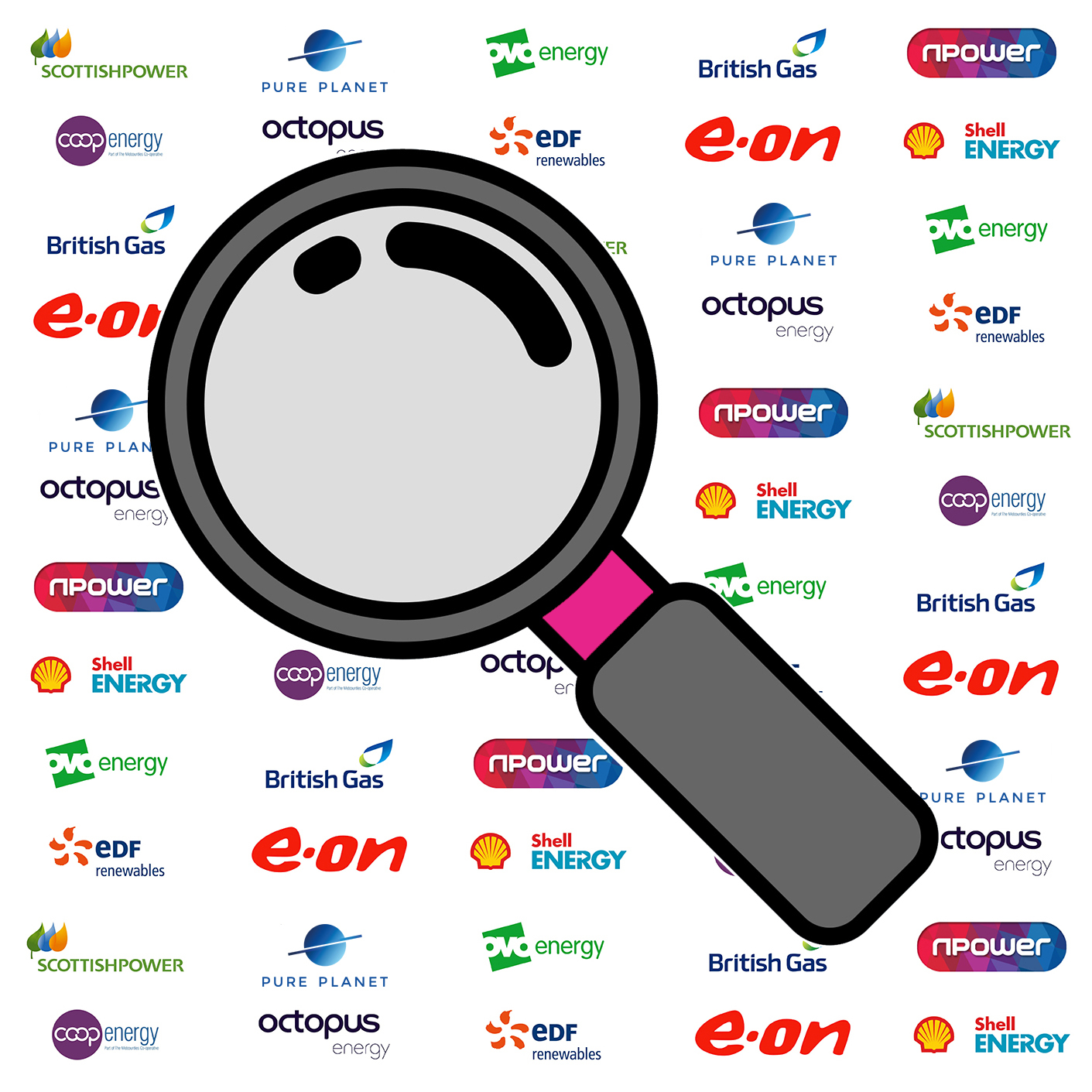According to a report in The Independent, a team of scientists is close to creating ‘entirely renewable clean energy’, where the only by-product would be waste water.
The team from Trinity College Dublin is apparently ‘fine-tuning’ the existing means of splitting water molecules to release hydrogen, which can then be stored for use in fuel cells.
At present, splitting water molecules can be achieved using wind or solar power to produce the electricity needed to complete the process, but this requires large amounts of energy from these renewable sources. The new research, however, suggests that instead of having to use so much power, the same results can be achieved using more effective and energy-efficient catalysts.
If successful, it’s hoped that the ability to harness hydrogen this way and provide this additional renewable energy could help us live more sustainably. What’s more, it could boost the availability of renewables for households around the world, potentially leading to lower energy bills and greater choice from suppliers.
- Looking for a green energy supplier? Find the best deals in your area now
Finding the ‘holy grail’ of catalysts
Science already tells us that there are several elements that can be used as catalysts for splitting the molecules, but the issue with these is that they are expensive and too rare to be used on a large scale.
This is why the search for the elusive abundant and affordable catalysts has so far taken several years and has involved various teams of scientists using ‘powerful computing methods and advanced quantum chemical modelling to come up with combinations of metals which could drive the necessary reaction’.
Their work has now ‘pinpointed nine earth-abundant combinations of metals and ligands’ as promising leads, with chromium, manganese and iron so far standing out as the best options.
Speaking about the research and the work done so far, Dr Max García-Melchor from Trinity College said "Two years ago, our work had made the hunt for the holy grail of catalysts seem a little more manageable. Now, we have taken another major leap forward by narrowing the search area significantly and speeding up the way we search.
"Until recently we were looking for a tiny needle in a huge haystack. After reducing the size of the haystack, we have now hoovered up plenty of the remaining hay. To put a sense of scale on this, two years ago we had screened 17 catalysts. Now we have screened 444 and believe it won’t be long before we have a database with 80,000 ‘screenable’ catalysts in it."
He added: "How can we live sustainably? That is arguably the biggest and most pressing question facing 21st century society. I believe researchers from all disciplines can help to answer that, and we feel a particular strength of our pursuit is the multi-disciplinary approach we are taking."
Looking to go greener with your energy now?
While these are very exciting developments with a huge amount of potential, it’s also fair to say that we may well still be some time away from effective hydrogen harnessing.
As such, if you are wanting to go greener with your energy use, it might be worth running an online energy comparison and switching to a new green provider.
This process is simple and only requires a few details about you and your energy use. You can quickly find out what the best energy suppliers are in the green markets, what the best energy deals are near you and ultimately how much you could potentially save by making the switch.

Find the best energy deal for your home
TechRadar has partnered with MoneySupermarket to help you find the best energy deals in your area. Our energy comparison tool takes less than five minutes to use, and could save you hundreds on your energy bills. Save money now
from TechRadar - All the latest technology news https://ift.tt/3i3fkda
Aucun commentaire: